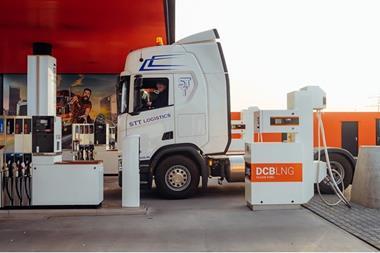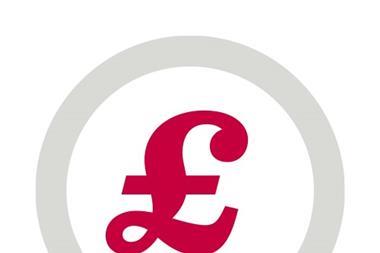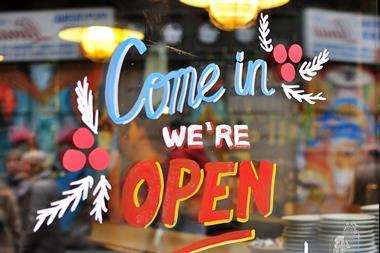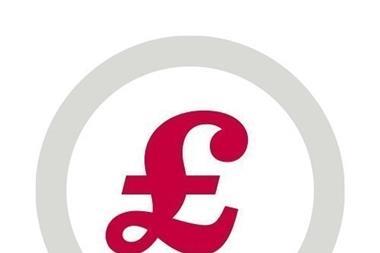
Just so that we all remember (after all, there seem to have been so many in recent years) the latest/current Chancellor is still Jeremy Hunt, and he delivered his government’s latest Autumn Statement (also known as a ‘mini-Budget’) on November 22.
These things seem to come thick and fast nowadays, and only make the news for a couple of days, a notable exception being the shambolic and disastrous one delivered by then-Chancellor Kwarteng in October 2022. Thankfully this one was less controversial.
The biggest headlines related to the announcements of a rise in the National Living Wage (from April 1, 2024) and a cut to employee National Insurance contributions (from January 6, 2024). At present the NLW rates are:
• Age 23+ £10.42/hr. Age 21/22 £10.18/hr. Age 18-20 £7.49/hr. Age < 18 £5.28/hr.
From Next April these will change to:
• Age 21+ £11.44/hr. Age 18-20 £8.60 h/r. Age <18 £6.40/hr.
Hence, the NLW full rate will in future apply to all employees aged 21 and over.
Given the high rates of inflation that we’ve experienced over the past year or two, with the consequent effects on the standard of living and consumer purchasing power, an increase of 9.8% in the full rate of the NLW wasn’t considered unreasonable. Nobody’s really raised any serious criticism of the move - understandably, as most economic analysts have pointed out that the recent bout of inflation has generally affected the lowest-paid more than higher-earners. The problem, of course, comes for those employers who employ staff on or around the NLW as a large part of their workforce. Two notable sectors in this category being the retail and hospitality industries.
Now there are two ways of looking at employers who operate at or around the NLW: some people look at them and say “it’s the least that they can get-away with”, while others say “it’s the most that they can afford”. As usual the truth is probably somewhere in between, although I’d dare say it probably veers closer to the latter. In more than four decades of working with (mostly) small/medium independent operators in both ‘retail’ and ‘hospitality’ sectors, I have rarely met any whom I’d describe as ‘tight-fisted’ - a handful at most. The vast majority realised that good staff are hard to find, and even harder to retain; and all wanted to recognise and reward their employees. If they were paying National Minimum Wage or National Living Wage, it was generally because their businesses couldn’t afford to pay much more. There have been many instances where, in small businesses when it came to budgeting for the next year, the owners/directors would put as much as they could into the staff wages and salaries - even to the extent of not giving themselves any sort of increase of take-home pay at all. If only some of the largest corporations would take note and do something similar, rather than seemingly always put their directors and shareholders remuneration up before telling their lower-paid staff that there’s no more money left in the pot.
It is the smaller/independent retailers and hospitality operators who will look at the Autumn statement with some trepidation. Not only do they face a near-10% increase in minimum pay rates, but they’ll be aware that in employment terms you can’t increase the base rate without maintaining differentials. If their lowest-paid staff get a 10% increase, it’ll be difficult to avoid giving those (for whatever reason) already on a higher rate the same sort of raise.
And while the Chancellor was loudly proclaiming the cut to National Insurance rates for both employees (from 12% to 10%) and the self-employed (from 9% to 8%, coupled with the abolishment of the Class 2 NIC band) – there was no corresponding saving for employers – employers’ contributions remain at the same rate. Hence for businesses the increase in NLW will come straight off the bottom line.
At least the Chancellor left the 75% business rates discount for retail, hospitality and leisure firms in England alone for another year. And for the fuel retailing industry the duty on petroleum products was unchanged in the Autumn statement staying at 52.95 ppl at least to the end of March 2024. Actually, petroleum duty wasn’t mentioned at all, but the current rate is technically a ‘temporary’ one; the rate of duty is supposed to rise with inflation, but back in March 2022 then-Chancellor Sunak announced that by not adding the inflationary increase, he was cutting the rate by 5ppl. This has been retained in successive statements/budgets, although that leaves it open to review at the next ‘Spring Statement’. Given the current high prices at the pumps, this absence of change was only to be expected.
The same could be said of the announcement of another measure that will affect the petroleum retail industry: Tobacco Duty was immediately (ie from November 22) increased by RPI + 2% for most products and a surprising RPI + 12% for hand-rolling tobacco. These measures raised retail prices of a 30g pack of rolling tobacco by £2.21 and a typical pack of 20 cigarettes by around 66 pence. Now whatever the wider arguments for and against ‘tobacco’, and even allowing for the fact that tobacco-related sales have been slowly decreasing over the years as a proportion of total shop sales on most petrol forecourts, they do remain a very significant source of revenue in this retail sector.
In the narrower sense, anything artificially attempting to reduce demand will have a negative impact on retailers’ profitability. And there is a wider sense in which this continuing increase in Tobacco Duty could be counter-productive for the government. History has shown that where a demand exists which governments attempt to eliminate by taxation, all that happens is that consumers are more tempted by cheaper contraband. By doing so, not only do they put themselves at greater risk of buying dangerous, adulterated products, but they also divert money from legitimate retailers and the Exchequer. Stand by for the next ’Spring Statement’ – including perhaps more spending on HMRC to counter another surge in illegal tobacco imports.
It wasn’t the most memorable ‘Statement’ by any Chancellor, but then again, we’re heading for an election year. There’ll be another one along before we know it.
ekwgroup.co.uk
01942 816512
































